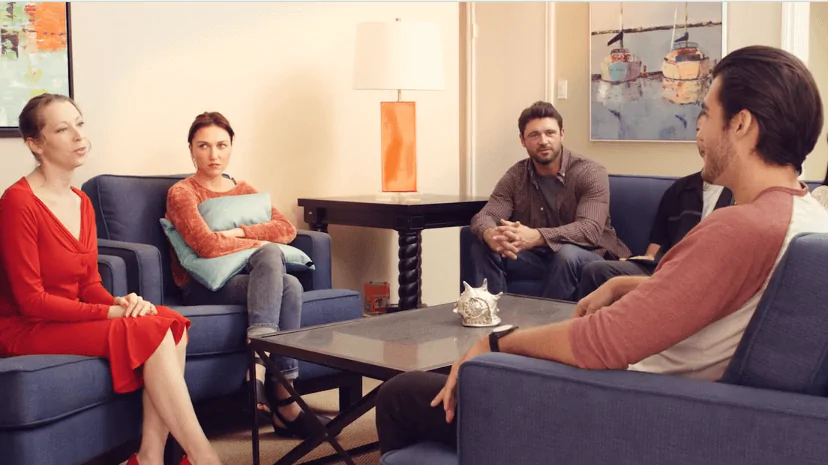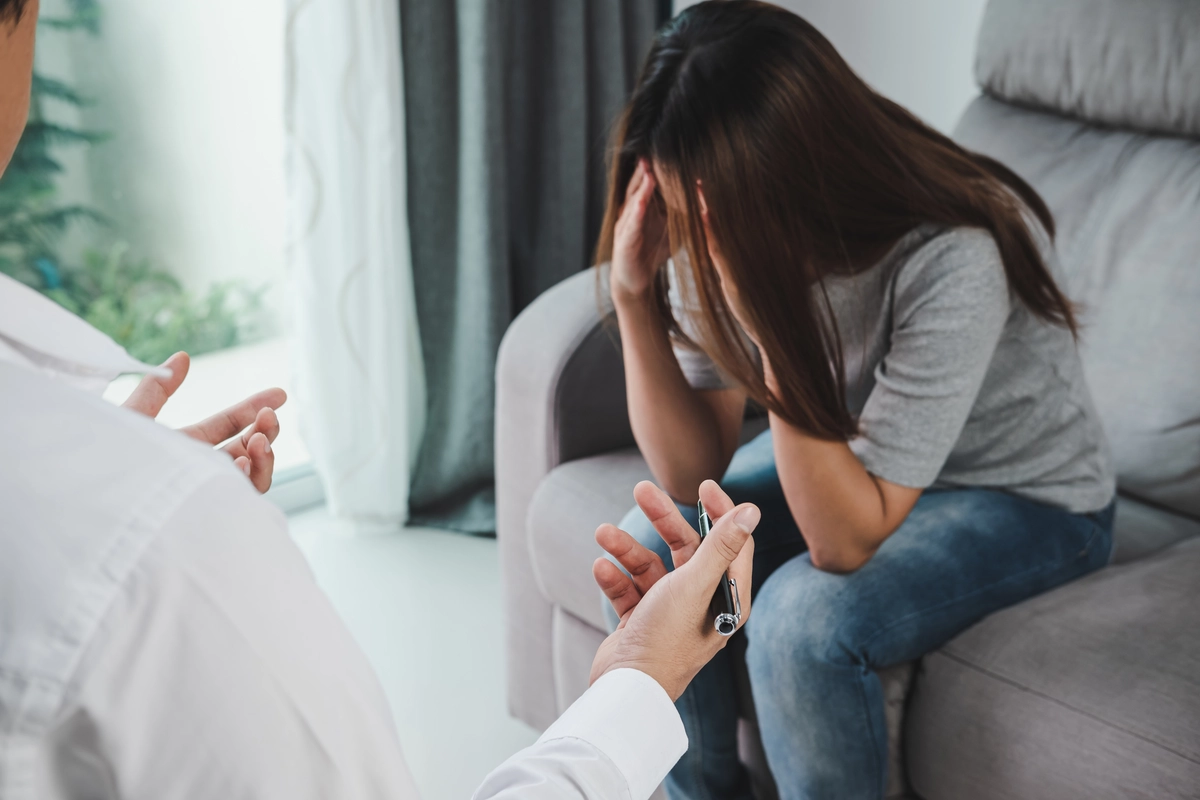24/7 Helpline:
(866) 899-221924/7 Helpline:
(866) 899-2219
Learn more about Bipolar Disorder Treatment centers in Scott County
Bipolar Disorder Treatment in Other Counties

Other Insurance Options

GEHA

Choice Care Network

Amerigroup

Optima

Molina Healthcare

EmblemHealth

MVP Healthcare

Health Choice

Lucent

Providence

Aetna

Holman Group

Horizon Healthcare Service

United Health Care

Carleon

Health Net

WellPoint

BlueShield

BHS | Behavioral Health Systems

Meritain

New Vision Counseling
New Vision Counseling, located in Sikeston, Missouri, offers behavioral health care and mental healt...

Gibson Recovery Center
Gibson Recovery Center is a non-profit rehab located in Sikeston, Missouri. Gibson Recovery Center s...

Awakenings
Awakenings is a private rehab located in Kelso, Washington. Awakenings specializes in the treatment ...


































Bootheel Counseling Services
Bootheel Counseling Services offers outpatient counseling services for individuals or families strug...

Fair Havens Recovery Center
Fair Havens Recovery Center is a private rehab located in Sikeston, Missouri. Fair Havens Recovery C...

Kelso Treatment Solutions
Kelso Treatment Solutions is a private rehab located in Kelso, Washington. Kelso Treatment Solutions...












































